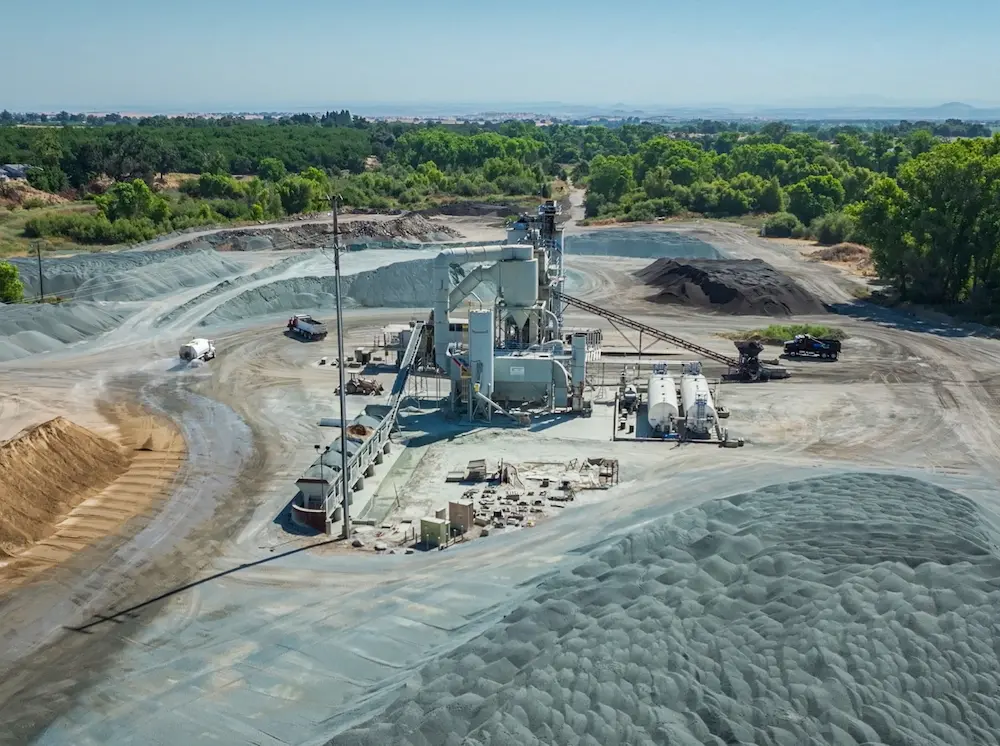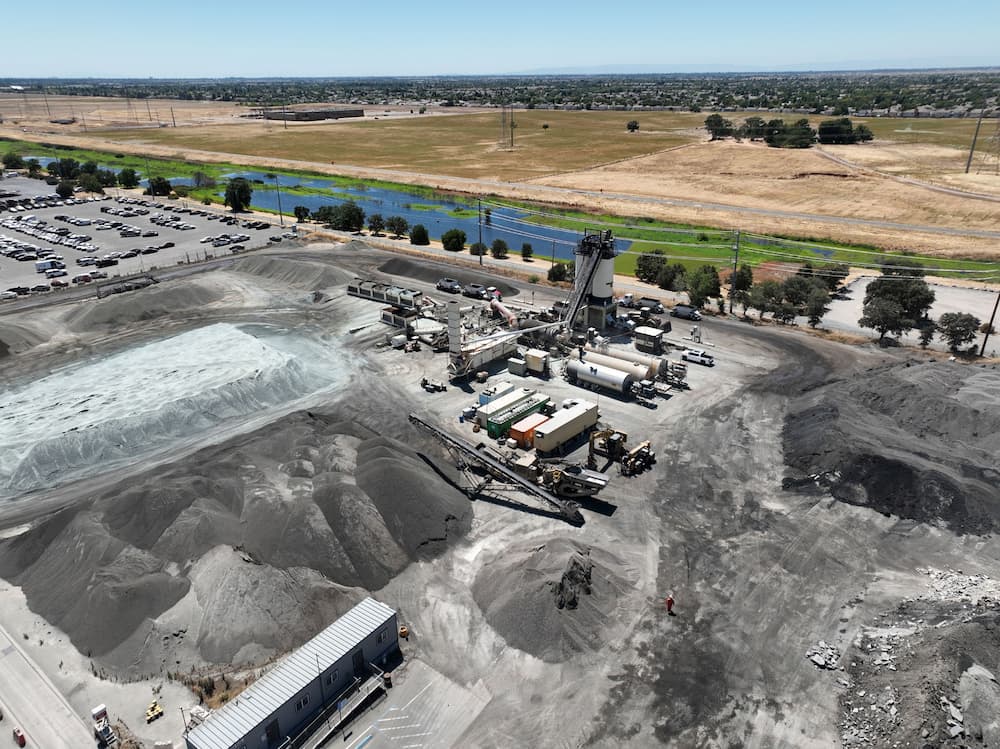Energy Star Certification Achievement: George Reed Inc.’s Clements and Rio Linda Plants Lead California in 2025

George Reed Inc.’s Clements and Rio Linda asphalt plants have secured prestigious Energy Star certification from the U.S. Environmental Protection Agency (EPA) in 2025. This remarkable accomplishment positions these facilities as the only two asphalt plants in California to receive this award, placing them firmly in the top 25 percentile of similar plants nationwide for energy performance.
The Significance of Energy Star Certification for Asphalt Plants
The Energy Star certification achieved by George Reed Inc represents a significant milestone for California’s asphalt industry. Since its inception in 1992, the Energy Star program has evolved to become the gold standard for energy efficiency across various sectors. By 2025, the program has become increasingly integrated with Infrastructure Investment & Jobs Act (IIJA) sustainability requirements, making this certification particularly timely and relevant.
For asphalt producers, earning Energy Star certification requires meeting rigorous standards set by the Environmental Protection Agency. Plants must score at least 75 on the Energy Performance Indicator (EPI) tool, which is specifically designed to evaluate hot mix asphalt facilities. This standardized assessment provides a 1-100 scale that benchmarks a plant’s energy performance against similar operations nationwide.

Leading Energy Efficiency Asphalt Plants: Clements and Rio Linda Set New Standards
The Clements and Rio Linda energy efficiency asphalt plants have implemented numerous innovations to reduce consumption while maintaining peak production capabilities. These facilities now join an elite group of Energy Star certified plants in the United States, with only about 45,000 facilities certified across all industries as of 2023.
Modern energy efficiency asphalt plants can significantly reduce operational costs while minimizing environmental impact. According to industry data, certified facilities typically achieve energy reductions of at least 10% within five years of implementation, though many exceed this benchmark substantially.
The specific improvements to George Reed Inc.’s facilities include:
- Replace dryer drum and seals
- New hot oil heater
- New insulation on all hot oil lines
- Switched to a new energy efficient mineral oil
- New baghouse bags
- Slat conveyor upgrades
These enhancements not only contribute to certification requirements but also deliver tangible business benefits through reduced operational costs and improved production efficiency.
The Journey to Energy Star Certification: George Reed Inc.’s Success Story
The asphalt plant Energy Star certification process involves rigorous documentation and performance verification. For George Reed Inc, this journey required meticulous planning and execution. The Energy Star certification process for both facilities includes:
- Collecting all energy usage data at each site i.e. natural gas/propane, electricity, & diesel usage and cost for a 12-month period
- Enter data into EPI scoring tool
- Perform energy audits
- Evaluate energy savings, cost, and return on investment
- All data must be evaluated, verified, and stamped by a professional engineer (PE) prior to submittal to the EPA.
The requirements for asphalt plant Energy Star certification include scoring at least 75 on the Energy Performance Indicator tool, placing certified facilities in the top quartile of energy performance nationwide.
Looking Forward: Sustainable Asphalt Production and Future Commitments
George Reed Inc.’s certification highlights their leadership in sustainable asphalt production practices, but the company views this achievement as just one milestone in an ongoing journey. Sustainable asphalt production requires a comprehensive approach to energy management and resource conservation that evolves continuously.
The future of the industry depends on the widespread adoption of sustainable asphalt production methods. As regulatory requirements tighten and client expectations evolve, companies that have already established strong environmental credentials will be well-positioned to thrive.
Conclusion: Setting New Standards for the Industry
George Reed Inc.’s achievement of Energy Star certification for its Clements and Rio Linda asphalt plants represents more than just an environmental milestone—it signals a fundamental shift in how the industry approaches energy management and sustainability.
As the only asphalt plants in California to receive this recognition, these facilities demonstrate that superior environmental performance and operational excellence can go hand in hand. The certification process has provided valuable insights and established systems that will continue to deliver benefits for years to come.
For other asphalt producers considering similar initiatives, George Reed Inc.’s success offers both inspiration and a practical roadmap. The Energy Star certification process, while demanding, provides a structured approach to energy management that delivers tangible business and environmental benefits.
To learn more about George Reed Inc.’s sustainability initiatives and Energy Star certified facilities, visit www.georgereed.com or explore the Registry of Certified Buildings and Plants on the ENERGY STAR website.
